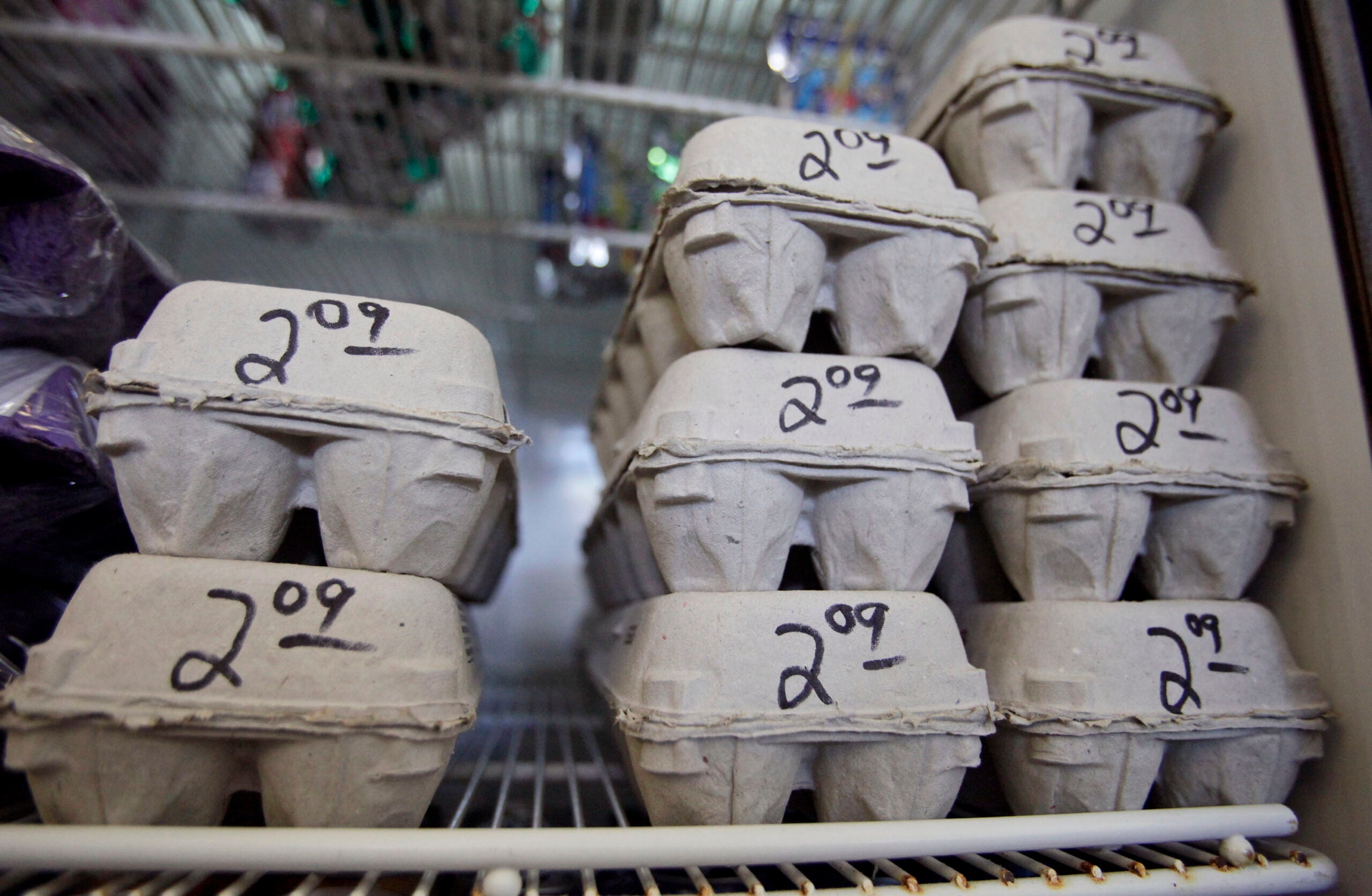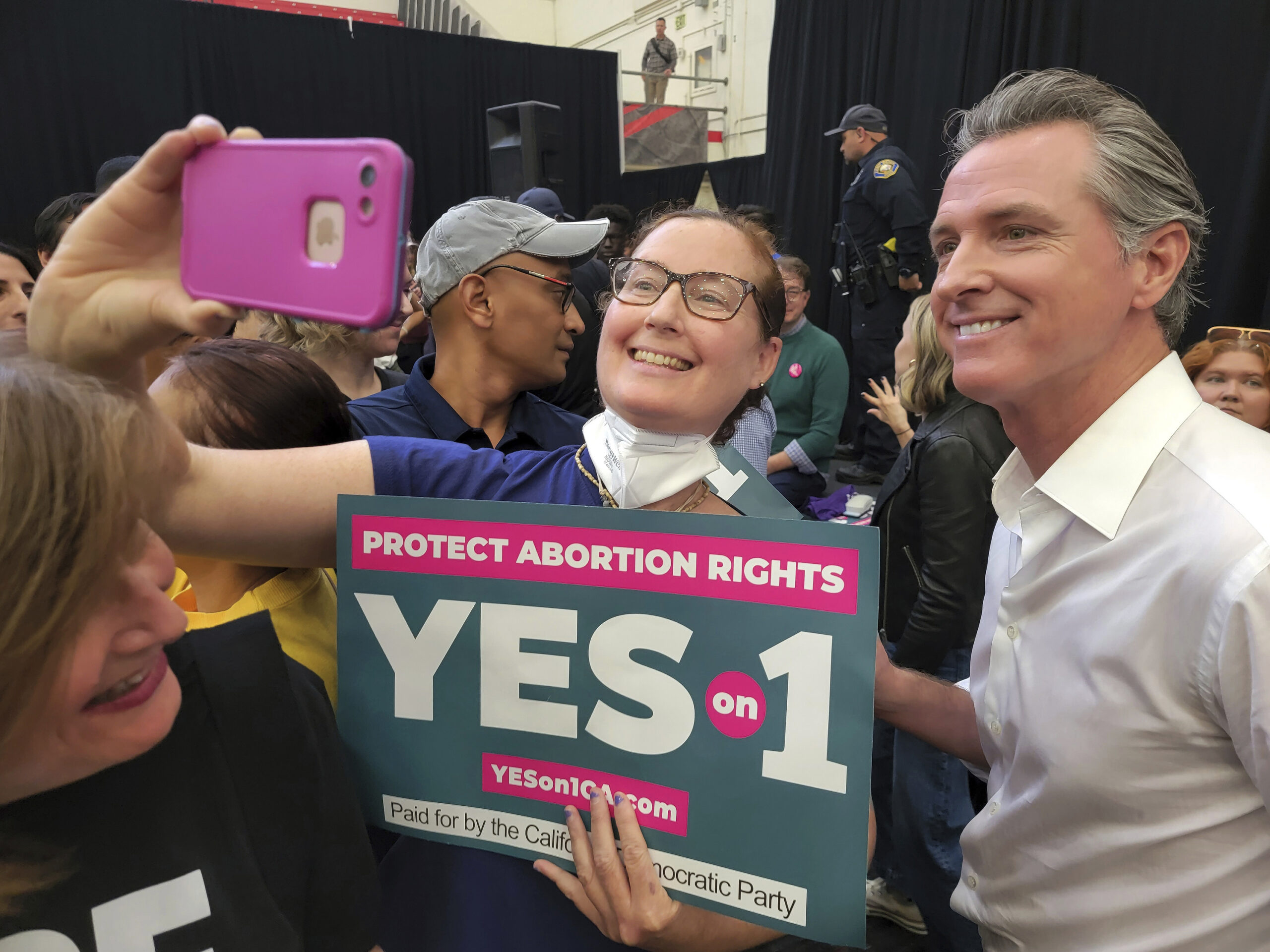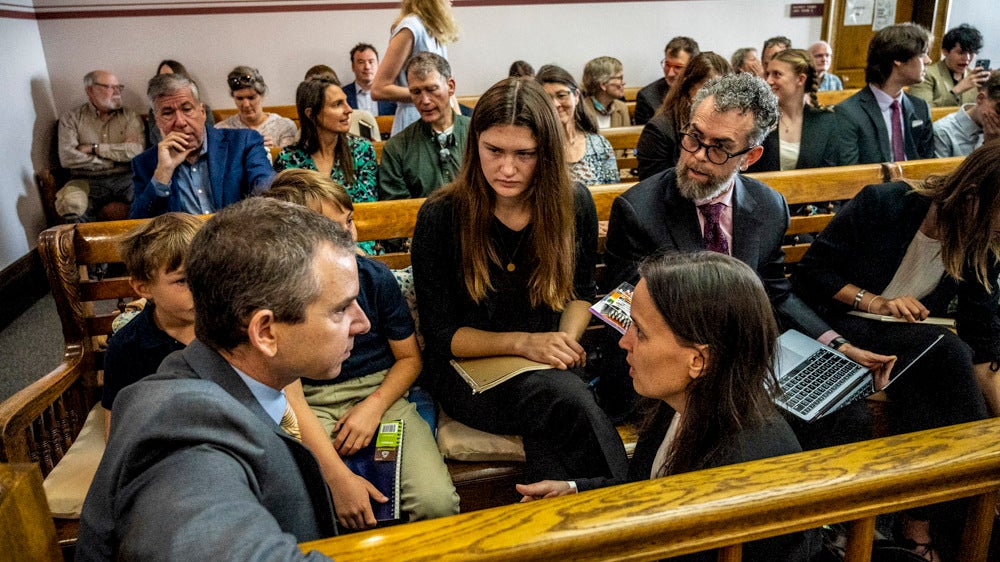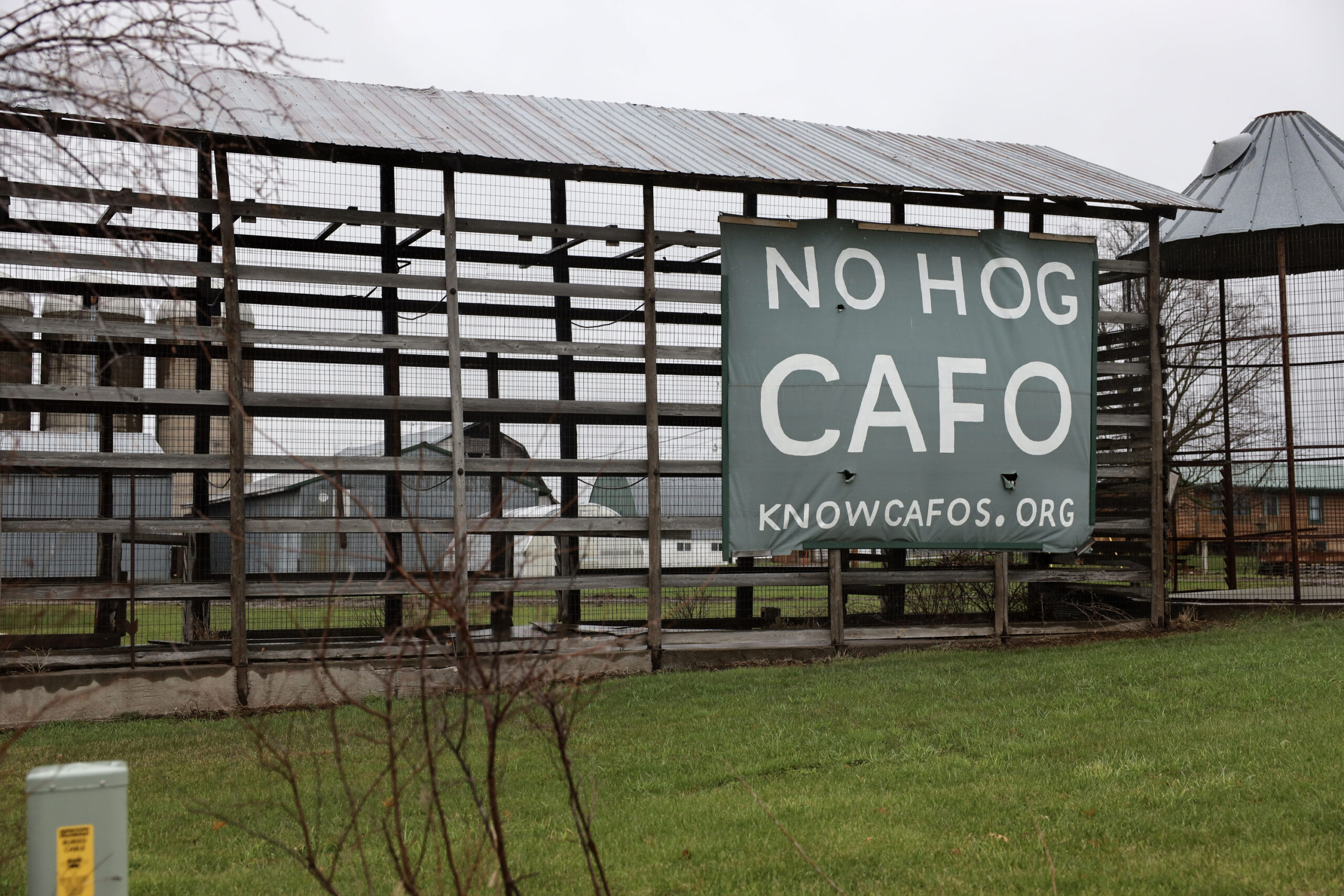Wisconsin has joined a dozen other states in a lawsuit against California that could be heard in the U.S. Supreme Court.
The lawsuit claims California’s law regulating eggs sold in California violates the Commerce Clause of the U.S. Constitution and federal law, and has negative economic implications.
California law requires eggs sold in the state to come from hens, “confined only in ways that allow these animals to lie down, stand up, fully extend their limbs and turn around freely.”
Stay informed on the latest news
Sign up for WPR’s email newsletter.
Wisconsin Attorney General Brad Schimel said this is an opportunity to stop California’s overreach.
“We wanna get involved and make sure we can help shape the end result of this, too,” he said. “To make sure our farmers are not disadvantaged in the interstate commerce and that our consumers don’t pay more.”
Twelve of the 13 states suing California have Republican attorney generals. Iowa is the only state with a Democrat in that role.
Schimel said his office didn’t consult any egg producers in Wisconsin immediately prior to joining the lawsuit, but said his past conversations with farmers helped inform his decision.
“Over my three years as attorney general we’ve had many conversations about concerns that Wisconsin farmers have about… California’s efforts to set different standards for products coming into their state,” he said.
California’s law was approved in 2008, but it took several years to take full effect. The law applies to all eggs sold in California, meaning the state legislation impacts farmers across the country that might sell their product in California.
The 13 states listed as plaintiffs include: Alabama, Arkansas, Indiana, Iowa, Louisiana, Missouri, Nebraska, Nevada, North Dakota, Oklahoma, Texas, Utah, and Wisconsin. Missouri’s Attorney General Josh Hawley is leading the lawsuit.
Wisconsin Public Radio, © Copyright 2024, Board of Regents of the University of Wisconsin System and Wisconsin Educational Communications Board.






